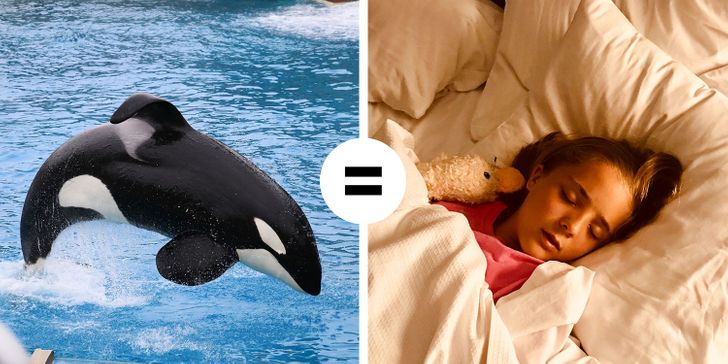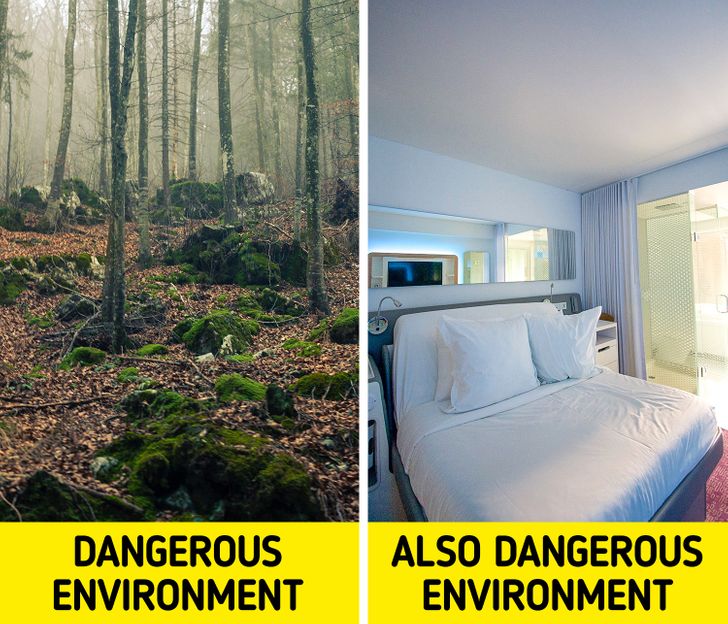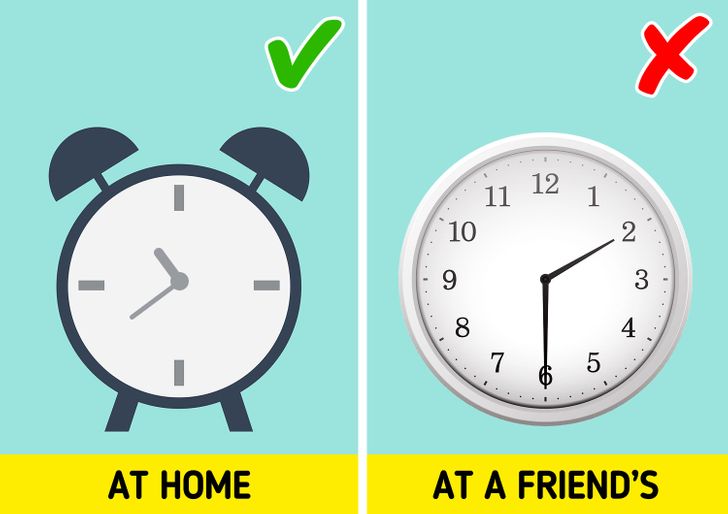I've slept in my cousins home a ton of times and then at my aunts, and to be fair, it's true
What Happens to Your Body When You Sleep in a New Place
If you have ever spent at least one night in a hotel room, at a friend’s, or anywhere else away from home, you probably know how difficult it is to get a good night’s sleep while you’re not in your bedroom. Scientists conducted an experiment and it turns out that this bizarre phenomenon has a scientific explanation.
We at Bright Side were impressed by the findings scholars made and want to share them with our readers.
Scientists don’t really know why we need to sleep.
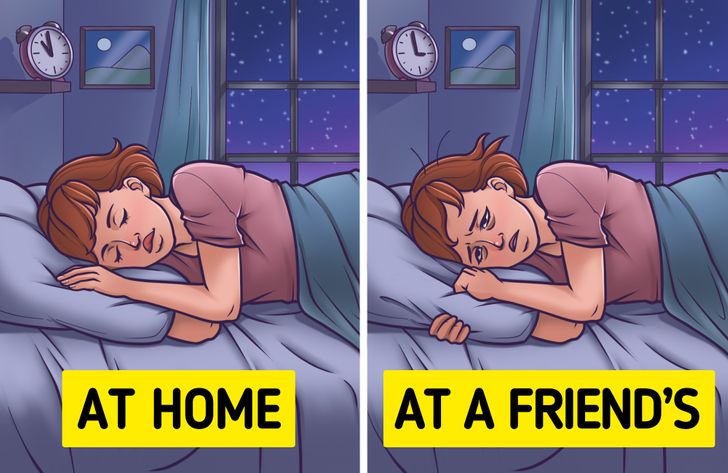
Before we jump into the experiment, let’s first answer the basic question — why do we need to sleep in the first place. Surprisingly, scholars don’t really know why exactly animals and humans need to sleep. Most theories come to the conclusion that, among many other potential reasons, sleep is crucial for our brain cells and muscle restoration.
However, regardless of the reasons for and effects of sleep, sleep is a very inconvenient process in evolutionary terms. The brain shuts off for several hours and leaves an animal without the ability to recognize danger and protect itself. Thus, animals like whales and dolphins developed an over-vigilant sleeping system, which is called an unihemispheric slow-wave sleep — a sleeping process where only one part of the brain rests at a time. And humans have developed a similar ability as well.
Your body reacts to a new place.
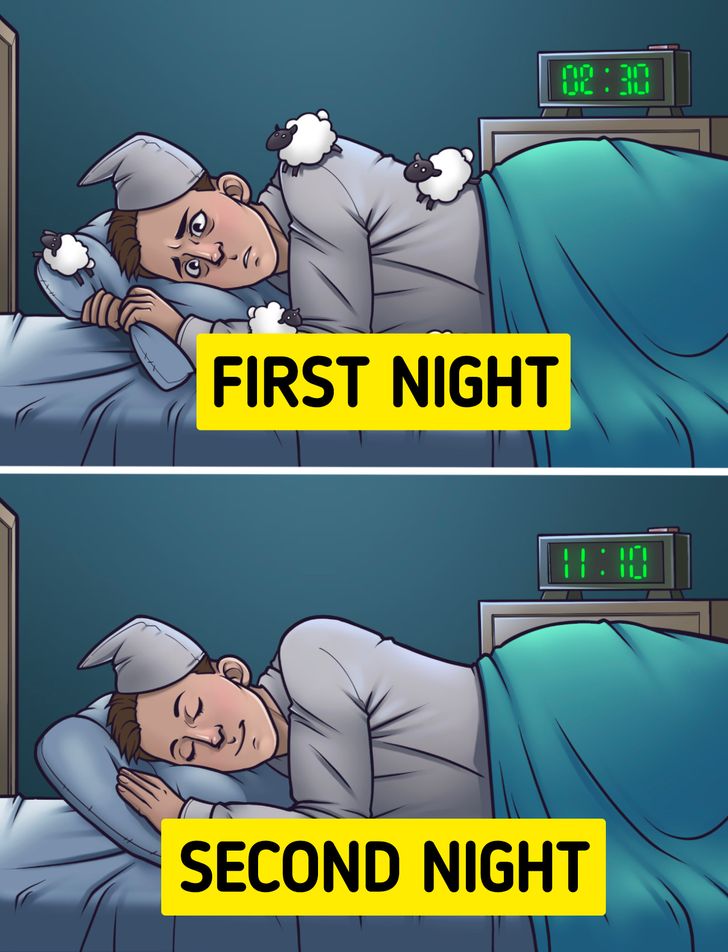
The phenomenon of struggling to get asleep or of sleeping well when you’re in a new place is called the first-night effect. FNE is a common issue and an area of study among sleep researchers. However, there was no common understanding of why FNE happens until studies conducted by scientists at Brown University found the scientifically explained causes of FNE.
Turns out that when you sleep in a new, unknown place, your brain recognizes it as a potentially dangerous environment and doesn’t let you fully fall asleep. In other words, we have sleep difficulties because, just like dolphins, only one hemisphere of our brain rests when we sleep in a new place. Yuka Sasaki, one of the Brown University scientists, says that “our brains may have a miniature system of what whales and dolphins have.”
The experiment proved the imbalance of sleep.
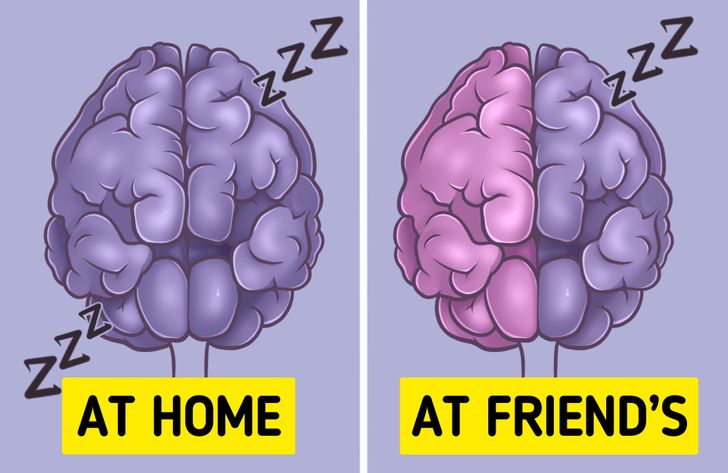
A team of scientists from Brown University recruited 35 healthy volunteers, invited them to spend 2 nights in an equipped lab with a week gap between the nights, and researched their brain activity.
They found an asymmetry in the depth of sleep between the left and right parts of the brain. The left hemisphere was not in as deep a state of sleep as the right one. It was more vulnerable and sensitive to strange (and, thus, potentially dangerous) sounds. One week later, during the second night in the lab, the depth of sleep between the hemispheres was much more symmetrical.
Researchers shared how to overcome FNE.
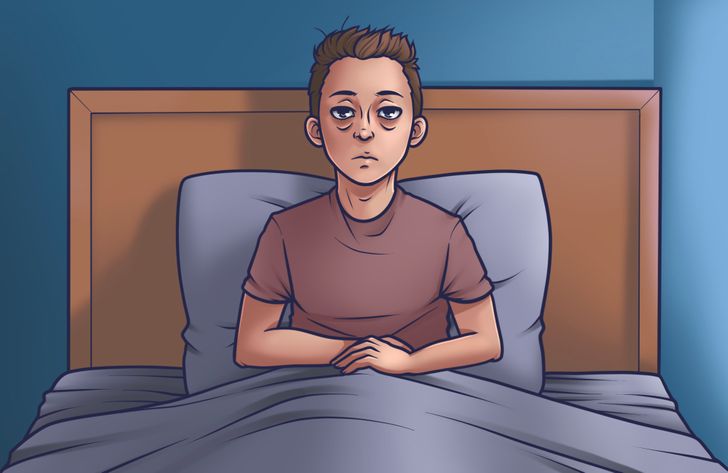
Although FNE, as a phenomenon, is quite interesting, it may bring a lot of trouble for those who constantly experience it. The lack of sleep may cause issues like obesity, high blood pressure, or diabetes — however, it’s not as desperate. Scholars say that our brain can be trained to resist FNE when we experience it often. Yuka Sasaki explains it the following way, “Human brains are very flexible.”
Sleep researchers came up with several practical tricks that will help you overcome FNE and sleep well no matter where you spend your night. As FNE is connected with sleeping in an unknown place, your goal is to make the place resemble your bedroom.
- Bring something familiar: your pillow, your favorite pajamas, or a hot drink you usually make before going to sleep.
- Keep your ordinary sleep routine: try to go to bed at the exact same time you usually do and follow the ordinary routine rituals you follow at home.
- Make your surroundings as familiar as you can: for instance, try to book a hotel room with the same bed size as you have at home — if you have double beds at home, it might be strange to sleep in a single one.
Have you ever experienced the first-night effect? How did you fight it?
Comments
Related Reads
I Gave My MIL a Visting Schedule — the Consequence Made Me Regret My Life
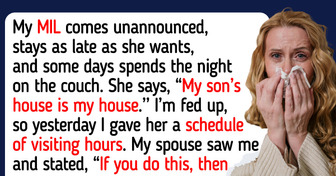
My MIL Became the Third Wheel in Our Marriage, and My Husband Does Nothing to Stop Her

10 People Who Went to a Concert, but Became Heroes of a Soap Opera

17 Stories About Christmas Parties That Ended Up in Disaster

12 Real-life Stories That Show Kindness Can Move Mountains

My Boyfriend Proposed to Me But Later Changed His Mind

My MIL Excluded Us From the Family Trip Because We Don’t Have Kids, So We Made Her Regret It

I Refused to Cancel My Wedding After a Heartbreaking Family Tragedy

My Son Wanted Me to Raise His Kid Alone—So I Let Reality Hit Him Hard

12 Crazy Stories That Happened Right in the Delivery Room

My Wife Just Announced She’s Pregnant, but She’s not Aware of My Secret Vasectomy

I Left My Fiancé Right Before Our Wedding Because His Parents Humiliated Me

